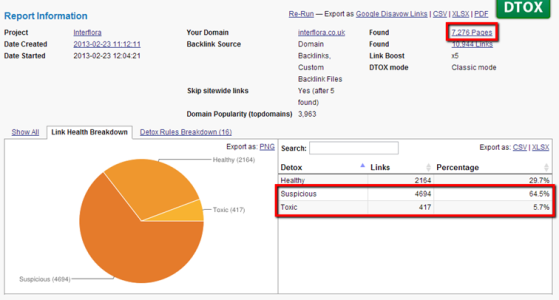SEO vs Social Media: On Choosing the Right Digital Marketing Strategy

This is one of the most common questions marketers and business owners wrestle with. SEO often takes time to produce results, while social media drives instant engagement.
So where should you put your time and budget? We’re here to break it down to help you decide what should be best for you. No fluff, no tech talk—just the facts that matter.
Let’s dive right in.
What is SEO?
SEO (Search Engine Optimization) is all about making your website rank higher in search engine results pages. The goal is to show up prominently when people hit Google or any other search engine with a query that relates to what you offer.
Here’s what goes into it:
When done right, SEO brings organic traffic to your website. These are visitors who are likely already looking for your product or service. And organic visitors? They convert like gold.
Want to see real SEO in action? Check out our on-page SEO services to boost your ranking game.

What is Social Media Marketing (SMM)?
Social Media Marketing is everything you do to promote your brand on platforms like Facebook, Instagram, LinkedIn, or TikTok.
It’s how you create engaging content and even run paid ads to boost your brand’s presence on the social media sites mentioned earlier. Another great thing about social media is that it helps your brand interact directly with your audience.
Here’s how brands use social media:
If SEO is a marathon, SMM is a sprint. It’s immediate, and you can often see results instantly. Run the right ad, and you can see traffic and engagement by the end of the day.
Need help managing those ads? Check out our Facebook Ads Management Services for a quick head start.
SEO vs. Social Media Marketing: Side-by-Side Comparison
| Aspect | SEO | Social Media Marketing |
|---|---|---|
| Purpose | Increase search visibility | Build brand awareness & engagement |
| Timeframe | Long-term results | Fast engagement, but short bursts |
| Cost | Lower long-term costs | Higher with paid ads |
| Audience Interaction | Limited interaction | Direct engagement with your audience |
| Content-Type | Long-form (blogs, guides) | Short-form (reels, posts, stories) |
When to Use SEO
Here’s when you should use SEO:
Sound like your vibe? Explore our SEO services to start your ranking journey.

When to Use Social Media Marketing
Here’s when you should opt for social media marketing:
Need a stronger presence? Try our social media marketing services.
The Power of Combining SEO and Social Media
SEO and social media are both important to any good digital marketing strategy, so instead of asking which one is better, maybe the question should be how can they be used together?
Why choose when you can use both SEO and social media to drive traffic and build relationships?
Here’s how social media and seo complement each other:
A company using both SEO and social media marketing saw 270% organic traffic growth in six months. Check out our case studies to see the results.

SEO vs Social Media Marketing: Real Stories and Stats
For more insights on leveraging both, explore this article from Search Engine Journal or read Hootsuite’s take on mixing SEO and social media efforts.
FAQs
Conclusion: SEO and Social Media — A Winning Combo
If you want sustainable growth, use SEO to rank on search engines.
If you need visibility now, use social media to connect with your audience instantly.
Both are powerful tools, and the best results happen when you combine them.
Need help finding the right mix?
We’ve got you.
Contact us today for customized SEO and social media solutions that drive real results.
Explore our digital marketing services to build your digital presence today.









